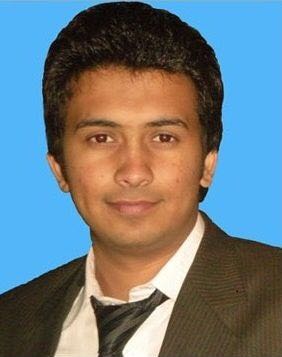Scientific Program
Keynote Session:
Oral Session 1:
- Microfludics
Title: Visual analysis of surfactant solution flooding in micro fluidic chip at different injection rates to optimize the recovery
Biography:
Muhammad Usman Tahir is doing his PhD at the age of 29 years from School of Petroleum Engineering, China University of Petroleum (East China). He is the 3rd year student.
Abstract:
This paper presents the investigation of the surfactant solution flooding in cross capillary geometry using microfluidics devices in the framework of EOR (Enhanced Oil Recovery). As a matter of fact, the surfactant injected in reservoir to enhance the oil recovery causes blockage or flow deficiency due to incompatible flow in reservoir. Therefore, the objective of this study is to observe the flow efficiency of water/surfactant flow in these channels resulted improving in enhanced oil recovery. In this study, surfactant solution flooding experiments conducted at different injection rates. The first one relates to injection rate of 1 µl/min and second one corresponds to injection rate of 2µl/min. From this, it was revealed that at the flow of 1µl/min the surfactant solution reaches to junction point within 6 seconds and takes 13 seconds to achieve the full saturation in micro fluidic chip. Further, initial flow of surfactant is smooth and regular and then as it reaches at junction point its flow is declined by 7%. However at 2µl/min flow surfactant took 3 seconds to achieve saturation in microfluidic chip. Nevertheless, exactly half time was required for surfactant to reach junction point. Hence, higher injection rate are highly suitable for consolidated reservoir and surfactant require no alteration. The observations are key point for better understanding of the insinuated phenomena in EOR as to determine the applicable data to feed flow simulators.


